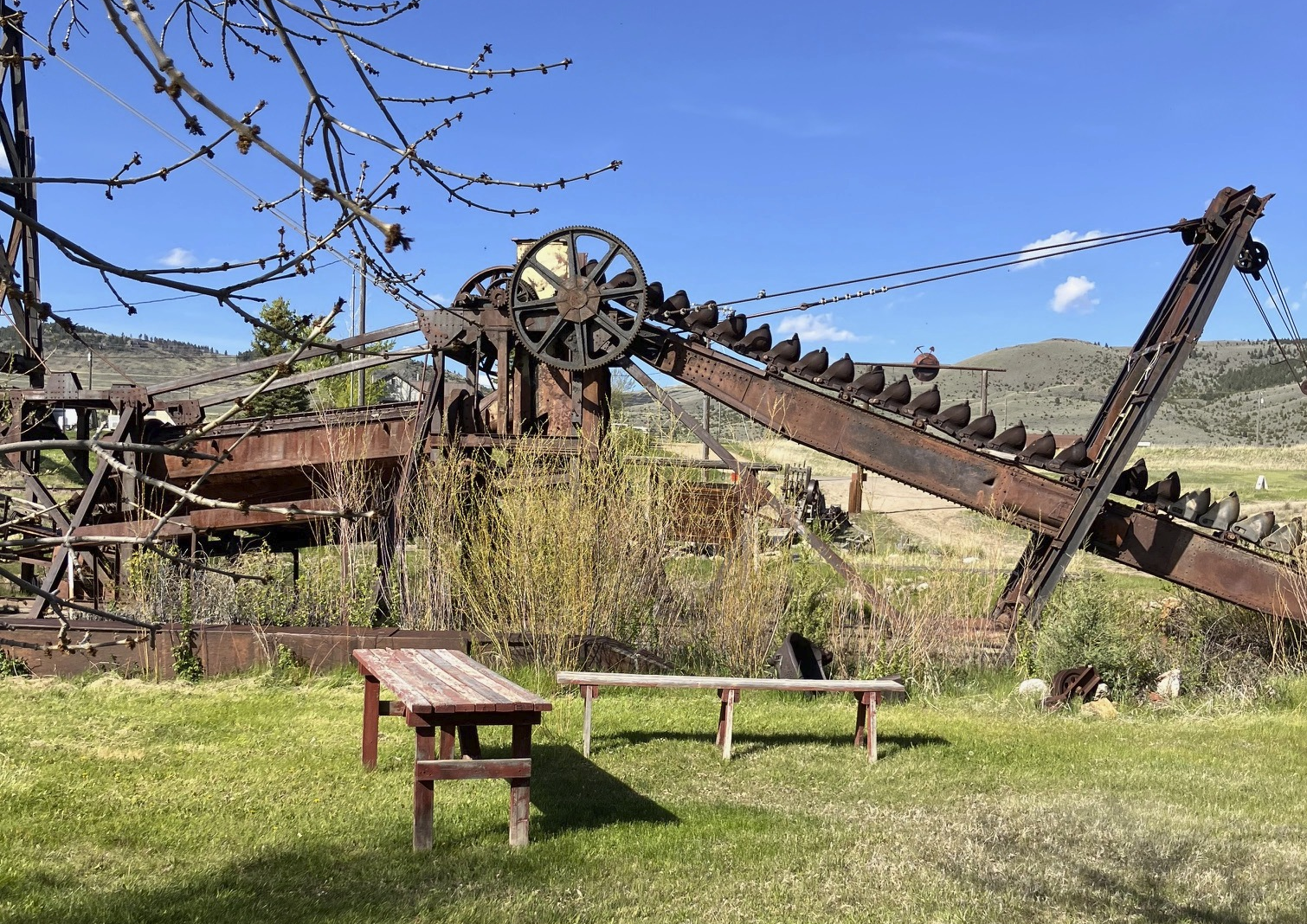Ben Williams on His Public History Internship in Virginia City

It was about 2022 when I first became interested in public history. The field of public history interested me because it bridged the gap between academia and the public sphere. The idea that historians could use their professional training and skills to work as interpreters, filmmakers, archivists, librarians, documentarians, and more to better a community was invigorating. As a public historian you can publish research and write books while also contributing to a community by creating public interest, knowledge, and experiences that have a tangible impact. I want to share a time when I worked in the field of public history and experienced its impact firsthand.
In the summer of 2024, I had the opportunity to intern with the Montana Heritage Commission in Virginia City, MT. Established in 1863, Virginia City became Montana’s territorial capital in 1865. It was founded as a gold mining town and is recognized to be the site of the richest placer gold strike in the Rocky Mountains. Needless to say, Virginia City is surrounded by historical and cultural importance to both Montana, and the larger mythology of the Wild West. Currently, it is home to over 1 million American artifacts and 248 historic buildings. Among these buildings are Stonewall Hall, Montana’s oldest standing capitol building, the Coggswell-Taylor House, which was the home of Sarah Bickford, Montana’s first female African American business owner, and the H.S. Gilbert Brewery, Montana’s first brewery. While there are no longer active gold miners in Virginia City today, it serves as a tourist attraction providing education and entertainment for folks worldwide (a lot of international tourists visit Virginia City).
My specific job within the Montana Heritage Commission was as a “Visitor Services Associate.” My responsibilities as a Visitor Services Associate were to open and close the historical buildings within Virginia and Nevada City (a smaller ghost town nearby), run merchandise shops within the town, run the Nevada City Museum, drive a locomotive between Virginia and Nevada City, act as a conductor and provide historical tours, teach gold panning classes, research and teach history about Virginia City and the surrounding area, and create unforgettable experiences for those visiting.
I was constantly learning. I learned about what historical information excites people, how to cater information to different demographics (i.e. children vs adults), and how to tie information together to be both informative and engaging. Basically, I got a lot of experience working directly with the public and teaching. This has led to many incredible experiences. The first one to come to mind was when I talked to an elderly man mid-summer. After giving gold panning instructions to him and his extensive family, I recall him pulling me aside and gleefully telling me about how our buildings were the same as long as he could remember. Through further conversation I learned that he was brought there as a young boy in the 1950s, he brought his children there when they were young, and now he was bringing his grandchildren to their first visit to Virginia City. Providing an intergenerational experience was thought-provoking. Not only did three generations walk the same boardwalk, but I also thought about all those who came before and have walked the boardwalk since 1863. This is the sort of profound experience that only public history can provide.
In addition to instances like the example of the elderly man, you create memories for hundreds (if not thousands) of people daily. Working in public history allows you to teach school groups important aspects of Virginia City and Montana history and have a tangible impact on the present and future. Through this internship I not only worked to preserve and educate but to create experiences that can last generations.
While Virginia City is mainly known for its preservation of artifacts, buildings, and 19th– 20th century history, its modern history and culture are sustained through the dedicated effort of its truehearted residents. I describe the modern culture of Virginia City as living history. What I mean by this term is that the history of Virginia City has continued to be written since the days of the gold rush. Some of the families that came for gold in the 19th century stayed and worked as sheep farmers, miners, and business owners; others moved there to continue its history. The residents of Virginia City try their best to keep the buildings intact and only allow small businesses owned by residents to remain. This lack of large-scale tourist entrapment from profiteers has created a tight-knit community who keep the spirit of Virginia City alive and authentic. Because of their position and the tourist nature of the town, the residents form very close relationships. Everyone knows everyone, word spreads fast, and there are community events such as weddings that many in the community are invited to. Living in Virginia City allowed me to become involved with the local community by helping with errands and going to the Pioneer or Bale of Hay saloons in the evening. This was a great way to become immersed and learn about the local culture and history of Virginia City from folks who have lived there for generations.
One of the most critical revelations I had while I was staying in Virginia City was that public history was responsible for the survival of this amazing historical community. The Montana Heritage Commission has the resources and financial backing needed to allow the authenticity and community of Virginia City to remain intact over the years. It is truly inspiring to be a part of a public historical institution that can achieve this great feat of historical preservation.
Through spending my days educating and making memories, reading historical literature about the city, maintaining buildings built in the 1860s, and walking home late at night after talking to watering hole regulars, I can sincerely say that working in the field of public history at Virginia City over the summer was one of the most fulfilling experiences of my life which showed me the true humanity found within public history.
-Ben Williams (Undergraduate History Major)
